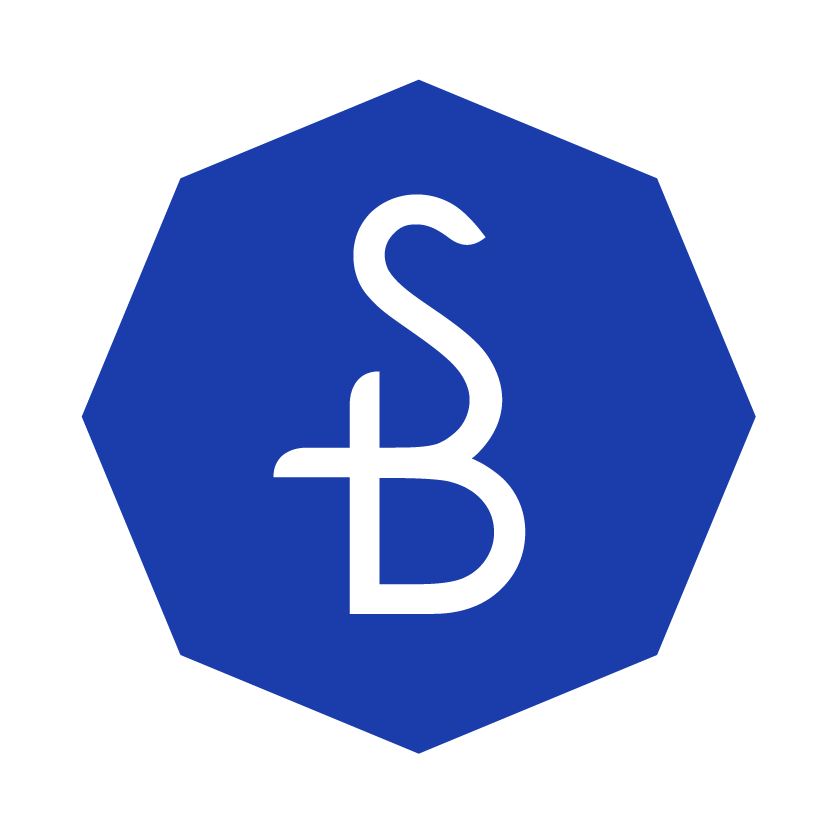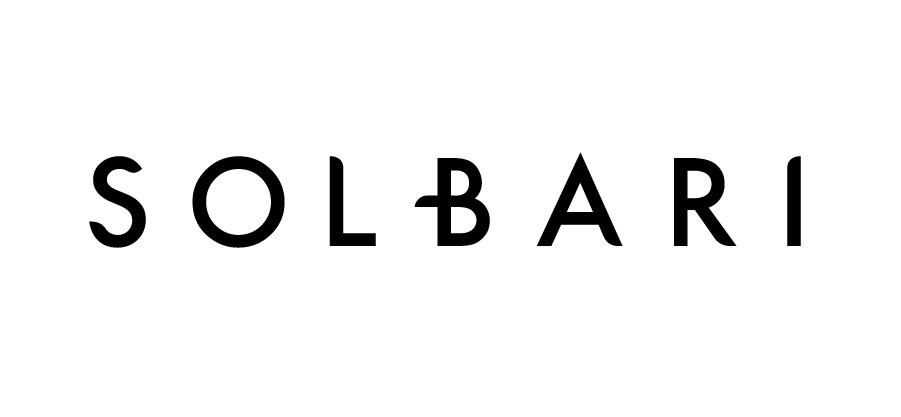

Solbari

Victoria, Australia
August 2022
Apparel
Wholesale/Retail
Australia,
Canada,
Hong Kong S.A.R.,
Netherlands The,
New Zealand,
Sweden,
Switzerland,
United Arab Emirates,
United Kingdom,
United States
Solbari is a specialist sun protection brand that seeks to inspire people to lead a sun-smart life. Skin cancer is one of the most common cancers, but also one of the most preventable. Solbari educates the public about skin health and skin cancer prevention. Solbari invests in skin cancer detection through collaborations with charities and health tech companies. Solbari offers a range of sun protective products including SPF50+ skincare and UPF50+ clothing, sun hats and accessories. All Solbari products go through rigorous testing and have been accredited by the Australian Government for their sun protective rating. Also, several Solbari fabrics have received the Seal of Recommendation from the Skin Cancer Foundation. Since its inception in 2014, Solbari has delivered millions of hours of excellent-rated sun protection, with over 300,000 customers in over 120 countries. Solbari is headquartered in Melbourne, Australia.
Overall B Impact Score
Governance 15.4
Governance evaluates a company's overall mission, engagement around its social/environmental impact, ethics, and transparency. This section also evaluates the ability of a company to protect their mission and formally consider stakeholders in decision making through their corporate structure (e.g. benefit corporation) or corporate governing documents.
What is this? A company with an Impact Business Model is intentionally designed to create a specific positive outcome for one of its stakeholders - such as workers, community, environment, or customers.
Workers 23.5
Workers evaluates a company’s contributions to its employees’ financial security, health & safety, wellness, career development, and engagement & satisfaction. In addition, this section recognizes business models designed to benefit workers, such as companies that are at least 40% owned by non-executive employees and those that have workforce development programs to support individuals with barriers to employment.
Community 21.3
Community evaluates a company’s engagement with and impact on the communities in which it operates, hires from, and sources from. Topics include diversity, equity & inclusion, economic impact, civic engagement, charitable giving, and supply chain management. In addition, this section recognizes business models that are designed to address specific community-oriented problems, such as poverty alleviation through fair trade sourcing or distribution via microenterprises, producer cooperative models, locally focused economic development, and formal charitable giving commitments.
Environment 13.1
Environment evaluates a company’s overall environmental management practices as well as its impact on the air, climate, water, land, and biodiversity. This includes the direct impact of a company’s operations and, when applicable its supply chain and distribution channels. This section also recognizes companies with environmentally innovative production processes and those that sell products or services that have a positive environmental impact. Some examples might include products and services that create renewable energy, reduce consumption or waste, conserve land or wildlife, provide less toxic alternatives to the market, or educate people about environmental problems.
Customers 11.0
Customers evaluates a company’s stewardship of its customers through the quality of its products and services, ethical marketing, data privacy and security, and feedback channels. In addition, this section recognizes products or services that are designed to address a particular social problem for or through its customers, such as health or educational products, arts & media products, serving underserved customers/clients, and services that improve the social impact of other businesses or organizations.
What is this? A company with an Impact Business Model is intentionally designed to create a specific positive outcome for one of its stakeholders - such as workers, community, environment, or customers.